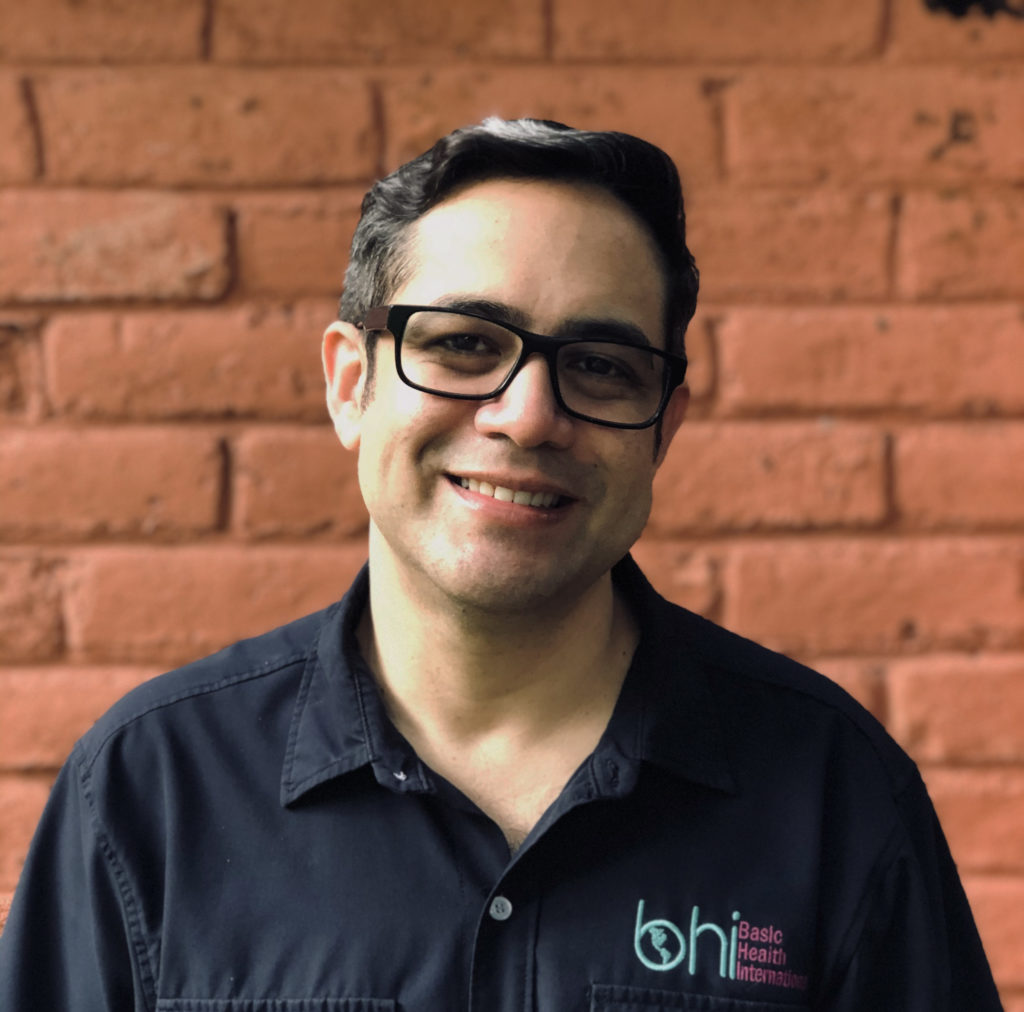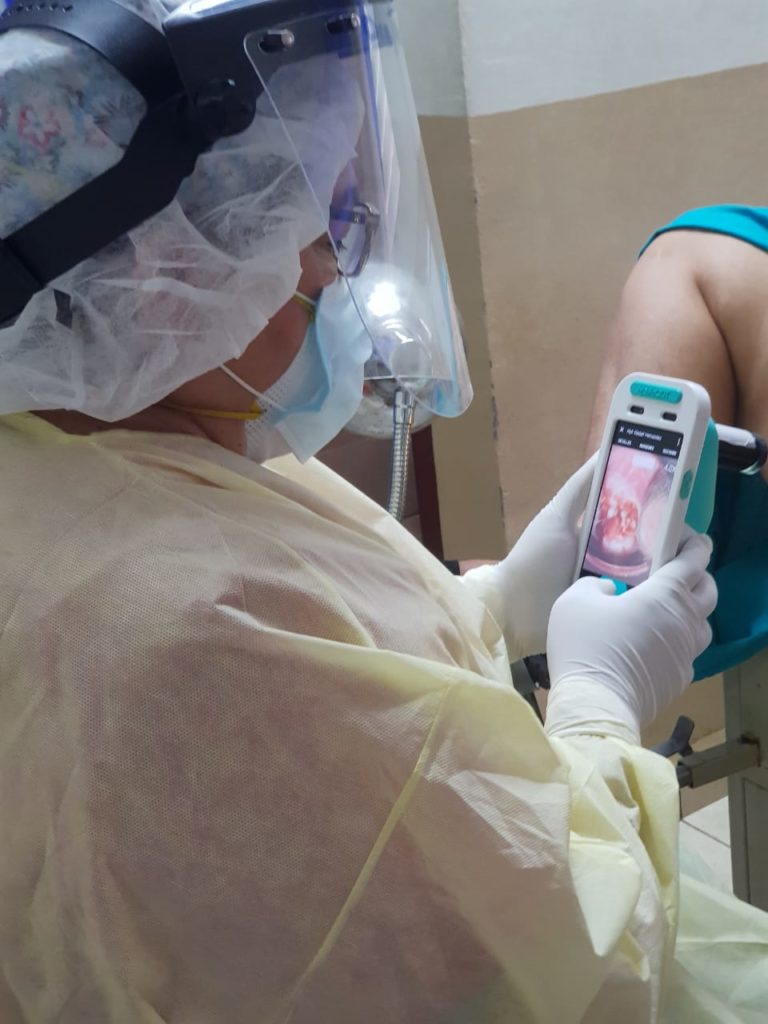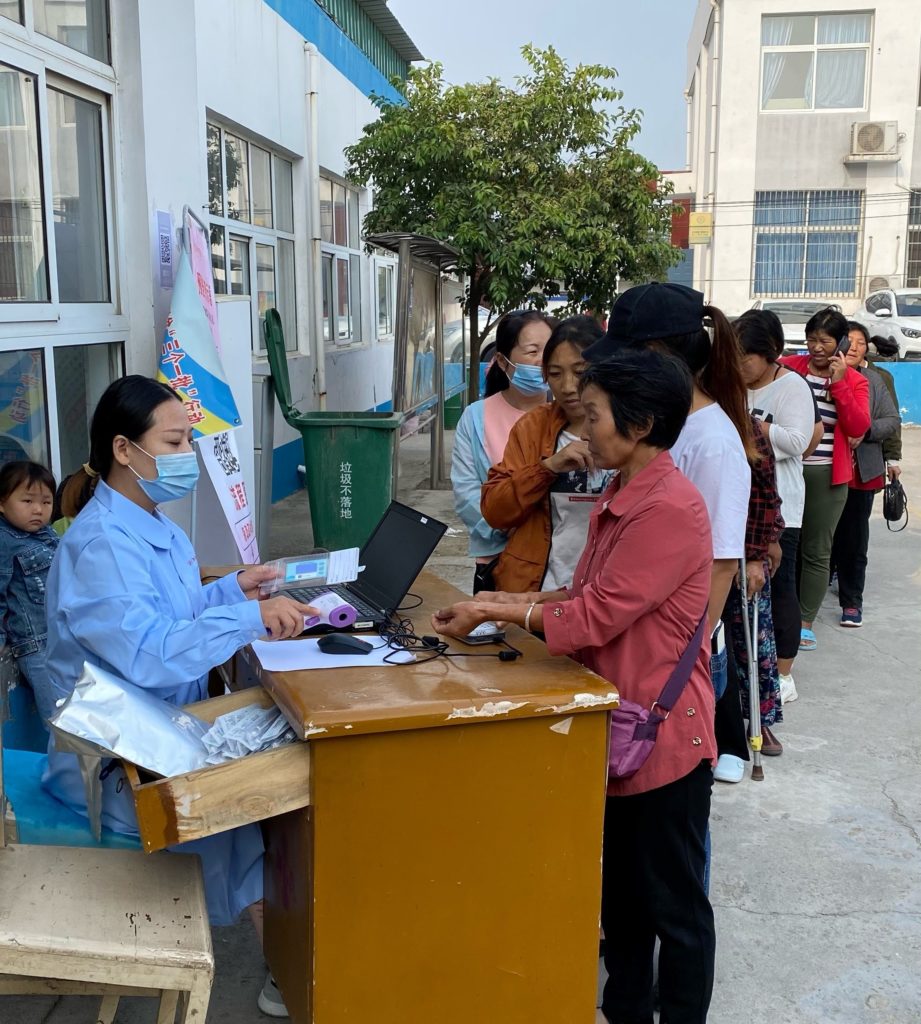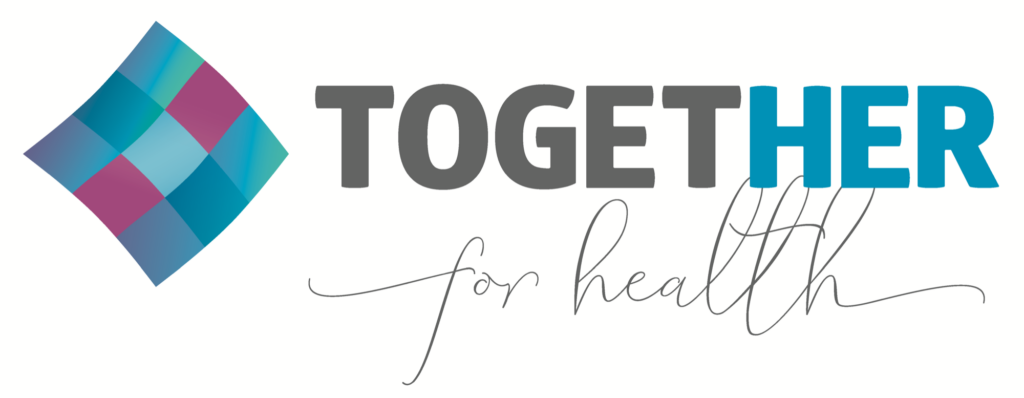The TogetHER Interview: Mauricio Maza, Basic Health International Executive Director

October 8, 2020
The impact of COVID-19 on global cervical cancer prevention efforts has been wide-ranging, with unclear long-term ramifications. Our new TogetHER Interview series provides an opportunity for key leaders in global cervical cancer control to discuss current challenges and provide perspective on where the field needs to go from here.
This installment of the TogetHER Interview series features Basic Health International’s Executive Director, Mauricio Maza.
Header and headshot photo credit: Basic Health International

How have you and your organization been impacted by and adapted to COVID-19?
As in many areas of the world, BHI has been impacted by COVID. Our research projects have been slowed down but we continue to enroll patients.
The crisis has also given us the opportunity to grow. Part of the WHO elimination strategy will require high-performance screening tests, which are not widely available in LMICs. The COVID crisis has offered us a chance to create infrastructure for COVID testing that can be used for HPV testing when the crisis is over. BHI in collaboration with the National Cancer Institute (NCI) is working on strengthening infrastructure in Paraguay, El Salvador, Nigeria and Malawi.
In El Salvador BHI personnel have been on the front lines of COVID-19 testing. BHI has partnered with a non-profit in El Salvador called FUSAL to offer our expertise in large scale screening programs. FUSAL has started an effort called the “Solidarity Fund.” The Solidarity Fund mobilizes private sector funds and partners with government to control pandemic efforts. This effort included donation of SARS-CoV-2 tests, Personal Protective Equipment (PPE) with the goal of increasing testing capacity. BHI led the COVID-19 testing operations, and through this collaboration, more than 29 thousand people were screened. BHI’s experience with monitoring and evaluation have allowed us to support the Ministry of Health of El Salvador with COVID testing.
What concerns you most about women’s health in low-resource countries during the pandemic? What is your organization doing about it?
Our concern, as always, is how to overcome the existing challenges of screening for cervical cancer, made even more difficult in the face of a global pandemic. It was imperative to ensure that the work we have done in cervical cancer prevention remained viable, while also focusing on how to best handle the pandemic. Many countries reallocated their health budgets to tackle the pandemic, supplementing their resources by getting loans and increasing their debt. But increased debt impacts the implementation and sustainability of other projects in both the short and long term. BHI strongly advocates for local and international organizations to maintain quality preventive care, not just for cancer, but for the wide range of non-communicable diseases around the world.

“It was imperative to ensure that the work we have done in cervical cancer prevention remained viable, while also focusing on how to best handle the pandemic.”
Photo credit: Basic Health International

How do you see cervical cancer prevention – the HPV vaccine and screen-and-treat – coming back after the pandemic? What can we do now to prepare for the resumption of services?
There are a lot of resources being allocated to the COVID crisis. Countries need to use this as an opportunity to improve infrastructure. It can also be an opportunity to improve health systems. BHI is engaged in a large screening program in China that decentralizes services by using HPV self-testing and a mobile application in order to minimize contact.
Assuring both primary and secondary interventions are crucial to prevent cervical cancer. El Salvador is expected to introduce the HPV vaccine when the public schools are reopened. Screening and treatment programs need to restart and safety for the patient and the providers is paramount. BHI is ensuring that masks and proper PPE are provided to all personnel and patients being enrolled at our study sites in China, El Salvador, Haiti and Colombia. It is also important to educate the community and the health providers on the importance of preventive care, and how to best continue life-saving interventions in the middle of the pandemic.

“BHI is ensuring that masks and proper PPE are provided to all personnel and patients being enrolled at our study sites in China, El Salvador, Haiti and Colombia.”
Photo credit: Basic Health International

What is something you have learned during Covid-19 that makes you hopeful?
We have learned that when there is strong political will and resources are allocated accordingly, we can make drastic changes to health systems. We believe that now, more than ever, people are aware of the importance of staying healthy. In many limited resource settings, there is a clear understanding that more funding must be directed to public health systems. I believe that how we address prevention and management of the population will change radically. And this pandemic has made one thing noticeably clear: with cooperation, collaboration and a strong vision, anything is possible. We can eliminate cervical cancer, and we very much look forward to being able to get back to focusing on this work.
More on Basic Health International’s cervical cancer activities around the world can be found on their website.
Interested in reading more TogetHER Interviews with leaders in the global cervical cancer response? Click here for the full list.

Dr. Mauricio Maza is the Executive Director of Basic Health International. He received his Doctor of Medicine from the Universidad Dr. Jose Matías Delgado in El Salvador, and his Master of Public Health from Harvard University with a concentration in Health Care Management and Policy. As a medical doctor, public health practitioner and researcher, Dr. Maza’s focus is cervical cancer prevention in low- resource settings, specifically with the use of novel technologies and treatment paradigms.
Dr. Maza has been advisor and co-investigator in NIH funded research in El Salvador, Peru, Colombia and China. Dr. Maza led a 3-phase demonstration project in El Salvador that screened over 25,000 women with HPV-testing device developed specifically for use in low- resource areas and that currently is being scaled to a national level.
In 2015 Dr Maza was named as a Young Leader by the Union for International Cancer Control (UICC) and in 2016 was chosen to be part of the International Agency for Research in Cancer of the World Health Organization (IARC) “50 for 50” initiative which goal was to identify 50 future leaders in cancer research from low- and middle-income countries. He is currently a Class 15 Fellow from CALI, a program of the ASPEN Global Leadership Initiative.
He works closely with stakeholders in the decision/policy process to implement public health and policy changes. For more than 10 years he has worked closely in public health policy processes at the national and international levels. He has led consultancies for the CDC Foundation and the World Health Organization, among others. Dr. Maza believes in the need to advocate for more research and evidence-based health policies in limited resource settings.
